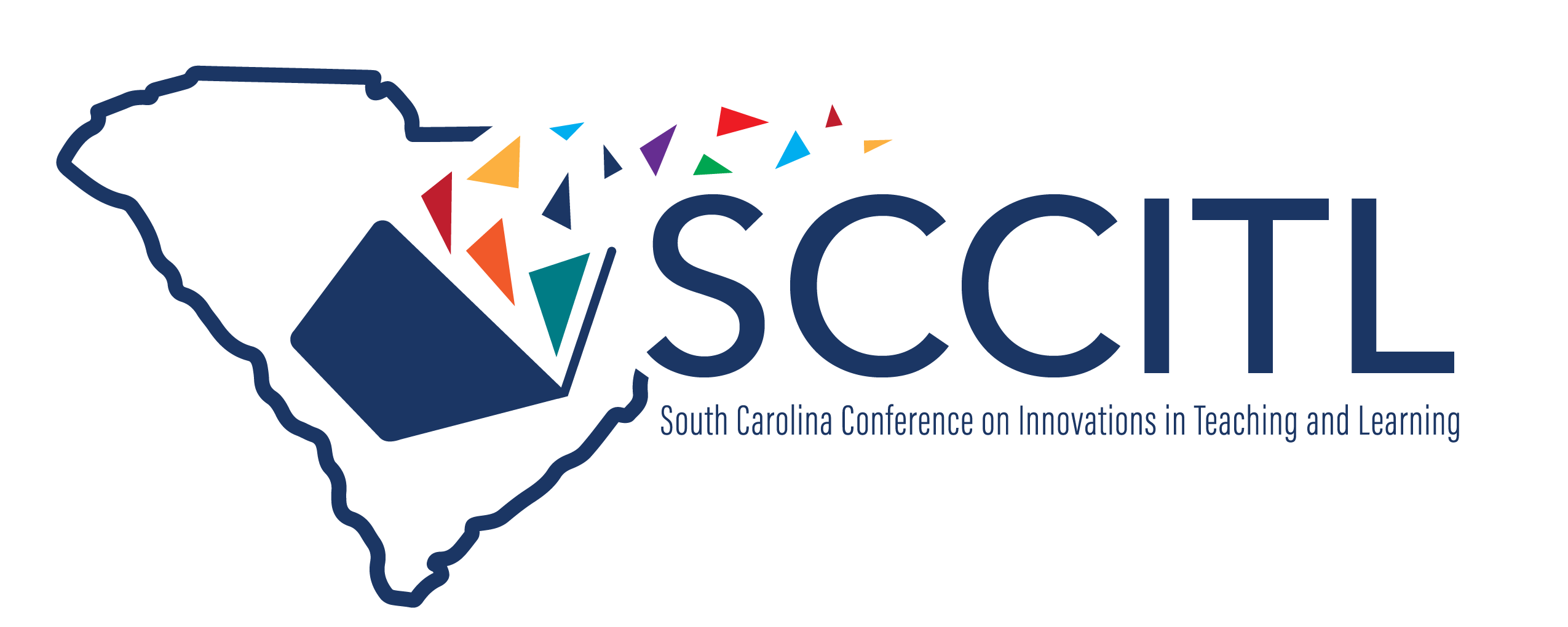Muddying the Waters: Using Interactive Maps to Engage Students with Climate Change, Food Justice, and Other Sustainability Issues
Track Choices
Instructional Technology
Abstract
Most online, asynchronous courses require students to introduce themselves—usually via a discussion board—but what if intros could accomplish more than superficial community building? What if they could jump start engagement with critical frameworks to be used in the course? I have taught an online course developed under the guidance of the College of Charleston's Sustainability Literacy Initiative on four occasions. At the start of each section, I asked students to use interactive maps to find their hometown and explore data that demonstrate the effects of global warming and climate change, display low food accessibility and affordability, and/or indicate structural and systematic racism. Because students are expected to develop compelling research questions that consider the social, economic, and ecological systems of sustainability and identify policies and practices that have led to unsustainability, these discussion board "intros" allow students to introduce themselves while being introduced to interdisciplinary course content and critical frameworks that, provided out of context, may be confusing to students unfamiliar with sustainability discourse. This session will discuss multiple, freely available maps. Attendees will link to each map and experiment with them in order to evaluate their potential as learning tools in their classes.
Muddying the Waters: Using Interactive Maps to Engage Students with Climate Change, Food Justice, and Other Sustainability Issues
Zoom Room 8
Most online, asynchronous courses require students to introduce themselves—usually via a discussion board—but what if intros could accomplish more than superficial community building? What if they could jump start engagement with critical frameworks to be used in the course? I have taught an online course developed under the guidance of the College of Charleston's Sustainability Literacy Initiative on four occasions. At the start of each section, I asked students to use interactive maps to find their hometown and explore data that demonstrate the effects of global warming and climate change, display low food accessibility and affordability, and/or indicate structural and systematic racism. Because students are expected to develop compelling research questions that consider the social, economic, and ecological systems of sustainability and identify policies and practices that have led to unsustainability, these discussion board "intros" allow students to introduce themselves while being introduced to interdisciplinary course content and critical frameworks that, provided out of context, may be confusing to students unfamiliar with sustainability discourse. This session will discuss multiple, freely available maps. Attendees will link to each map and experiment with them in order to evaluate their potential as learning tools in their classes.


